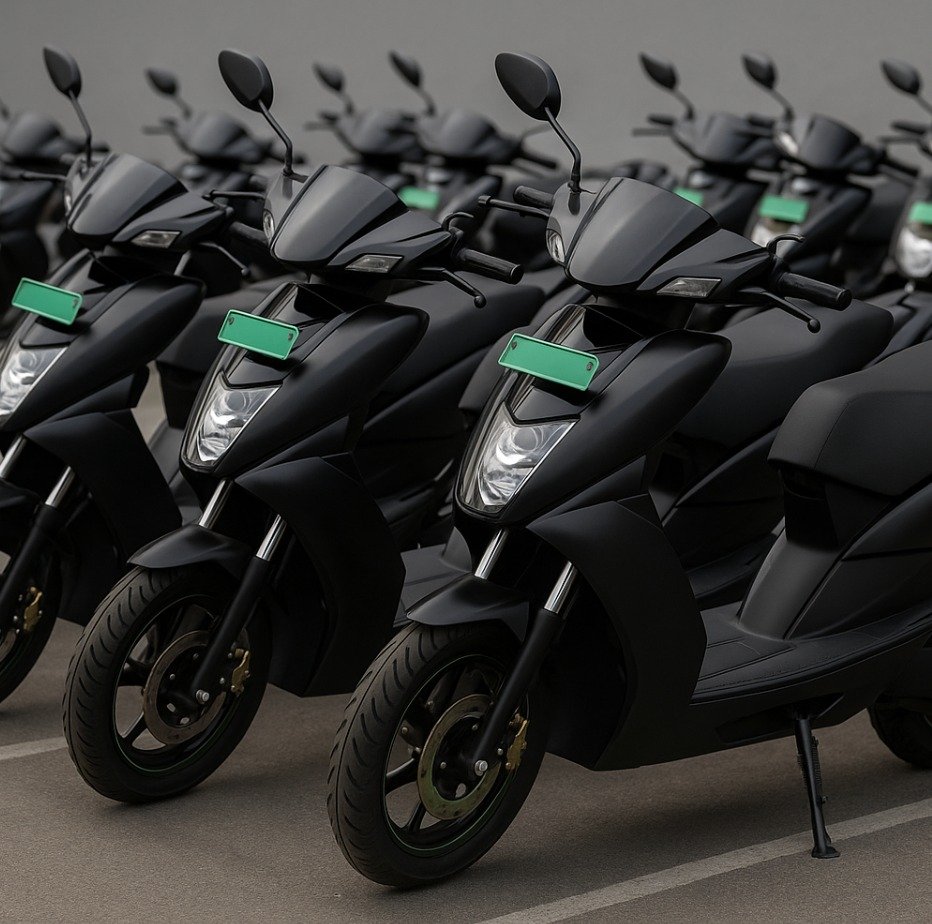India’s Electric Two-Wheeler Market: What FAME-II Taught Us About Growth, Compliance, and the Road Ahead

Yashh Jhawar
Analyst - Investment & Research
Regulatory Action Sparks Market Shake-Up
India’s electric two-wheeler market has moved from rapid expansion to intense consolidation following stricter enforcement of the FAME-II subsidy norms. Sales reached a record 1.14 million units in FY2025, a testament to robust demand and increasing consumer appetite for EVs. Yet, as the government intensified compliance, several mid-sized and smaller manufacturers experienced steep declines or vanished as a direct result of policy violations and subsequent withdrawal of financial incentives.
Winners, Losers, and Monetary Realities
In FY2025, nearly Rs 469 crore in subsidies were clawed back from companies that failed to comply with localisation rules, triggering sales collapses for brands like Okinawa, Hero Electric, and Benling India. Some, such as Revolt, Greaves, and AMO Mobility, collectively returned over Rs 170 crore, while others contested the penalties in court. Loss of subsidies pushed electric scooter prices higher by Rs 20,000–40,000, directly hurting already-thin margins and dampening sales.
Meanwhile, the top four players—TVS Motor, Bajaj Auto, Ola Electric, and Ather Energy—now control 82% of the market. Their compliance with localisation norms and strong supply chains has not only cushioned them against regulatory shocks but also allowed them to thrive as competitors stumbled.
The Rare Earth Magnet Challenge
The push for domestic manufacturing under FAME-II has highlighted a crucial challenge: India’s electric two-wheeler industry still relies heavily on imported rare earth magnets, especially neodymium and dysprosium, which are essential for EV motors. With India accounting for less than 1% of global rare earth oxide production, and most supply coming from China, this dependency exposes manufacturers to supply chain risks and currency fluctuations, keeping production costs high.
Looking Forward
With the new EMPS 2024 plan allocating Rs 500 crore for incentives to further spur the industry, and a renewed government focus on self-reliant supply chains, the Indian electric two-wheeler sector stands at a critical juncture. The future belongs to those investing in compliance, localisation, and innovation, pushing India closer to genuine EV leadership.

